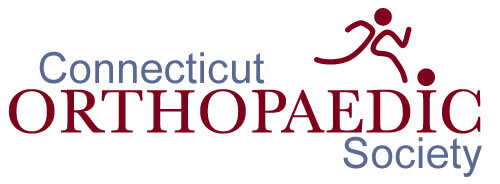Guidelines for Preparing Effective Testimony
On occasion, you may be asked to give testimony on a bill before a committee. Every presentation should be the most convincing that can be made. It should be expert, well-organized, well-documented, logical, and persuasive. The following are some suggestions for preparing effective testimony.
How to get started:
Know the legislative history of the issue, and the substance of any prior testimony.
Identify the principal proponents and opponents of the issue and the major arguments of each side.
Select the best possible witness or team of witnesses.
Prepare a testimony outline listing the major points to be covered and the rational and emotional analysis to be offered in support of each major point.
What to say:
Identify the witness by name, title, and explain the witness’s background and affiliation with the group he or she is representing.
Be brief, but comprehensive, clear, articulate, and persuasive.
Be as knowledgeable as possible about your subject area and be prepared to offer necessary documentation and support for your points.
Do not attempt to conceal a legitimate self-interest which you or your group has in the matter before the committee.
Be responsive and truthful in answering questions of the committee members.
Be familiar with the basic format of a committee hearing; monitor another hearing in advance if possible.
Be early: identify names with faces of committee members so that you can address them personally if questioned.
Do not be afraid to say, "I don't know the answer to that question, but I will certainly find out."
